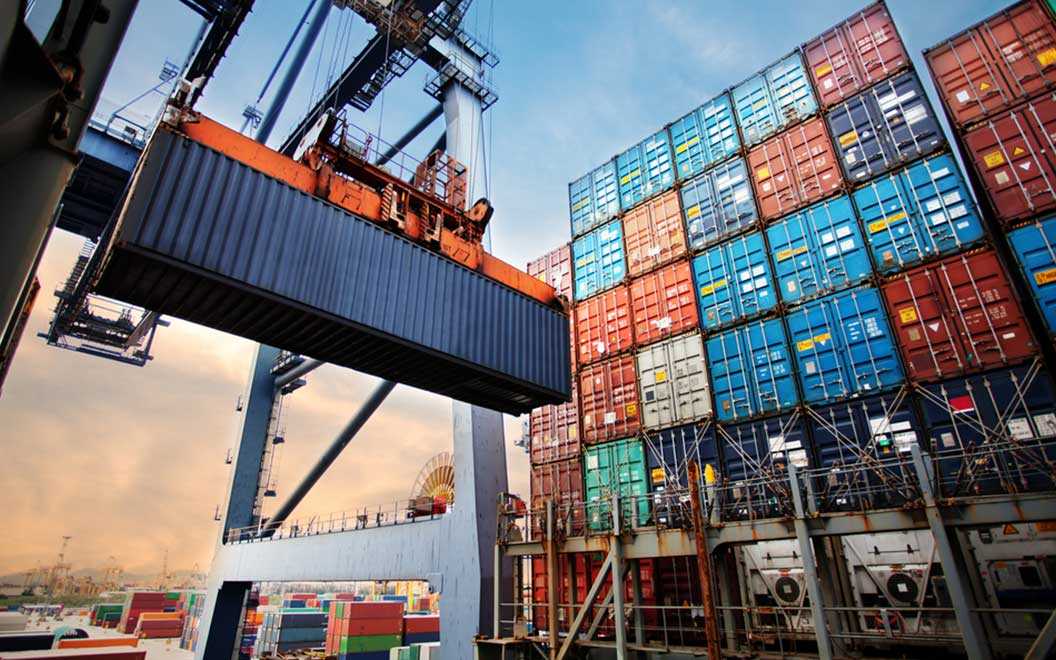The food sector is an economic livewire, a job creator, and a major contributor to the Gross Domestic Product (GDP). Legislators across the continent of Africa are making efforts to provide the most favourable conditions for the industry to thrive. In 10 years, attention has been given to the promotion of the agricultural transportation system, including the establishment of logistics and manufacturing clusters, to increase food production.
Some heavyweights in the sector are partnering with governments to set up strong agribusiness and food processing industry. Subsequently, big corporations are establishing large food processing areas close to the ports to help grow the export sector.
Addressing the Africa Economic Zones Organisation (AEZO) meeting, African Development Bank (AfDB) President, Dr. Akinwunmi Adesina noted that special economic zones are helping to grow the economies of many countries. He opined that “Their numbers have exploded from less than 200 in the 1980s to 5,000. Collectively, they have contributed exports worth $3.5 trillion, roughly 20 percent of global trade in goods. “In Africa, special economic zones are operating in 38 countries, accounting for annual trade turnover of $680 million. “He upheld that those special economic zones have not been as successful in Africa compared to Asia and other parts of the world, for several reasons.
“First, is the more limited infrastructure, with Africa’s infrastructure financing gap estimated to be $64-$108 billion yearly. Second, is the weaker institutional environment and coordination challenges. Third, is the limited access to financing to develop well-integrated value chains, Dr. Adesina explained.
While special economic zones have been fixated on exports, attention should be given to the regional markets in Africa.
Further stating that special economic zones should allow Africa to develop its manufacturing capacity, competitive regional value chains, for exports into the African Continental Free Trade Area, and to expand their integration into global value chains. According to Dr. Adesina, a former minister of agriculture, agribusiness is the sector with the largest potential for wealth in Africa, which may hit over $1 trillion by 2030. Tapping into this large market requires a systemic tactic to develop better-integrated agriculture value chains.


Comments are closed.